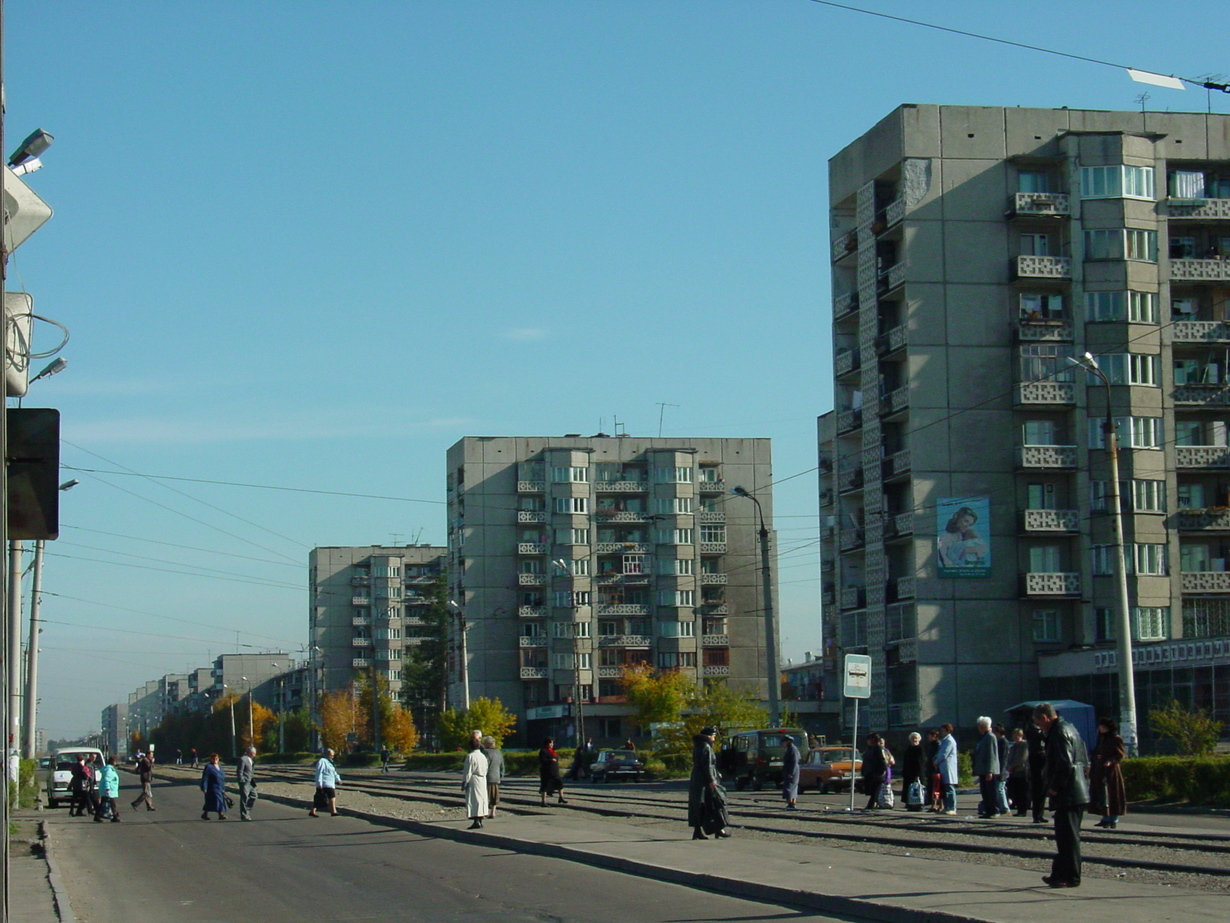Urban Development in Eastern Europe
New social conditions since the end of state socialism in many countries and the resulting new requirements have not only socio-political but also spatial consequences for the urban envinronment. The further development of the building stock in the countries of the former Soviet Union represents a major challenge The large housing estates that were built after the Second World War are of particular importance both for urban development in these countries and for the future housing supply of broad sections of the population, as many millions of people live here. The research topics include the analysis of morphologies and typologies of post-war housing areas and the documentation and critical reflection of the complex transformation processes since the 1990s in various geographical contexts. Against the backdrop of various crises and new functional, economic and ecological requirements, proposals for further development are developed in cooperation with local partners from science and practice..

Urban Development in Metroplitan Areas and the Middle East
Outside Europe in particular, there are megacities and cities that are experiencing enormous growth. Global urbanization is bringing about enormous quantitative upheavals, but also qualitative leaps and therefore entirely new types of city. In order to meet these extreme developments with planning these extreme developments with planning, the existing processes and structures of urban governance must be put to the test. It is necessary to respond to the the increasing dynamization of uses, lifestyles and economies in urban in urban development. What is required is increasingly process-oriented urban development that takes new time periods and and horizons. In doing so, we need to show more courage for informal structures and develop a culture of experimentation. How can urban agglomerations be developed in a way that saves resources and is socially acceptable?
Citizen Science and Communication
Planning is not an end in itself, but is at the service of citizens. Citizens want to be more involved, want to have a say, want to be informed. There is often a lack of trust in professional competence; professional opinion often differs from citizens' opinions. Citizens do not feel involved in planning, there is a lack of understanding for results, but also but also for tasks and the interaction of problem situations: there is a problem of communicating expert knowledge. What are the appropriate formats for informing and involving citizens? Which instruments can sustainably improve the culture of discussion between all players in the city (citizens, administration, politicians, experts) in the long term? What are the appropriate media? How can citizens be put in a position be enabled to make informed decisions?
